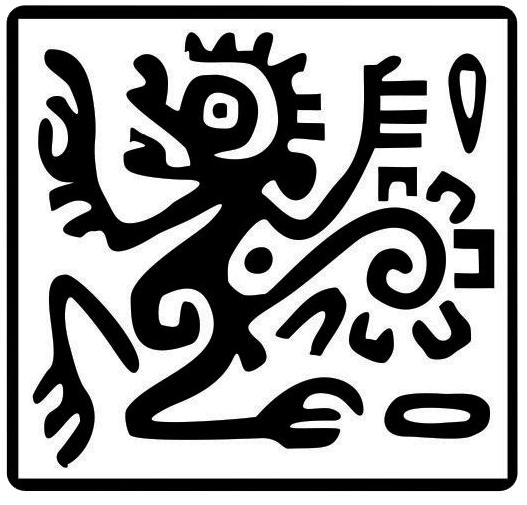Population decline of an endangered primate resulting from the impact of a road in the Catazajá wetlands, Chiapas, México
Abstract
The construction of large infrastructures such as roads poses a major threat to biodiversity due to wildlife roadkills. Some of the underlying threats are easy access for hunters, habitat degradation around the road caused by agricultural activities, oil and gas extraction, and mining. Altogether, these result in serious risk for primates as 55 % of the total species are endangered and 75 % have declining populations. This study is the first in the Americas addressing the population decline of an endangered arboreal primate resulting from the impact of road expansion in Chiapas, México. In the study area, the population of Alouatta pigra underwent a 56 % decline from 2012 to 2017, with 37 roadkills. The most affected age group was immature animals (both sexes), with an age:sex ratio that changed from 1.2 immature individuals per adult female in 2012 to 0.5 in 2017. This work highlights the dramatic population decline resulting from the poor conduct of Environmental Impact Studies combined with an inadequate application of mitigation measures on the road studied.
Copyright (c) 2022 Therya Notes

This work is licensed under a Creative Commons Attribution-NonCommercial-NoDerivatives 4.0 International License.
THERYA NOTES is based on its open access policy allowing free download of the complete contents of the magazine in digital format. It also authorizes the author to place the article in the format published by the magazine on your personal website, or in an open access repository, distribute copies of the article published in electronic or printed format that the author deems appropriate, and reuse part or whole article in own articles or future books, giving the corresponding credits. The Creative Commons CC BY-NC-SD license is used.![]()










